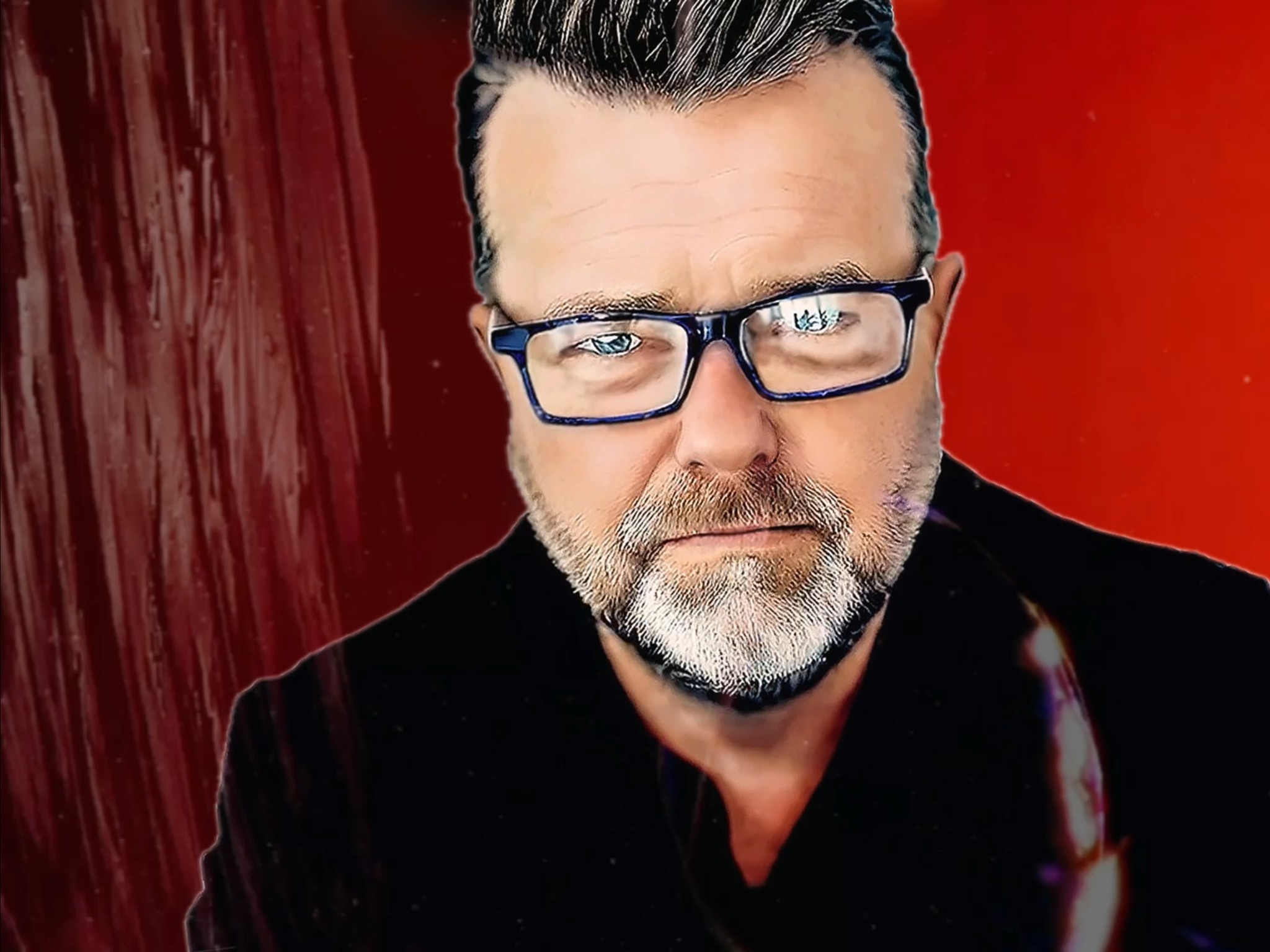Feeling Overwhelmed While Trying to Get Ahead?
Ever feel like you’re pushing yourself so hard to succeed that you’re running out of energy? You’re not alone. Many of us get caught up in the idea that career growth means constantly working, sacrificing downtime, and taking on every task that comes our way. But here’s the truth: growing in your career doesn’t have to come at the cost of your well-being.
Today, we’re diving into practical, balanced strategies for career growth that don’t drain you. I’m here to share tips that can help you climb the career ladder while keeping your peace of mind intact.
Why Mental Health Matters in Career Growth
When we’re striving to grow in our careers, mental health can sometimes get pushed aside. But maintaining your mental well-being is essential if you want to build a career that’s sustainable and fulfilling. Think about it: how effective can you be if you’re constantly stressed, exhausted, or burned out? Taking care of your mental health isn’t just a “nice to have” – it’s a key part of long-term career success.
Studies have shown that people who prioritize work-life balance and mental well-being experience less burnout and stay more productive in the long run. According to Mayo Clinic, chronic stress and burnout not only impact your performance but can also lead to serious physical and mental health issues. So, setting boundaries and making time for rest aren’t just good for your mood – they’re essential for your growth.
Recognizing Early Signs of Burnout
Burnout doesn’t happen overnight. It’s a gradual build-up of stress, pressure, and exhaustion. Recognizing the early signs of burnout can help you make adjustments before it impacts your mental and physical health. Here are some common signs to watch for:
- Constant Fatigue: If you’re feeling tired all the time, even after a full night’s sleep, burnout may be the reason.
- Irritability and Mood Swings: Things that wouldn’t usually bother you feel overwhelming or frustrating.
- Physical Symptoms: Stress can show up as headaches, muscle tension, or stomach issues.
- Loss of Interest in Activities: If the things you used to enjoy now feel like chores, it’s time to reassess your balance.
By recognizing these signs early, you can start making changes to prevent burnout from taking over.
Actionable Career Growth Tips for Balance
Now that we know why balance is important, let’s get into some specific steps you can take to grow in your career without compromising your mental health.
- Set Clear Boundaries
Make sure your work time and personal time are clearly separated. For instance, avoid checking work emails after a certain hour.- Quick Tip: Put your phone on “Do Not Disturb” mode after work hours to help create a clear boundary.
- Prioritize Self-Care
Don’t underestimate the power of exercise, hobbies, and time for yourself. Taking care of your physical health boosts your mental resilience.- Quick Tip: Schedule a weekly activity you enjoy, whether it’s working out, painting, or simply unwinding with a good book.
- Practice Time Management
Use tools like planners or apps to organize your tasks and prevent work from piling up unexpectedly.- Quick Tip: Try time-blocking, where you dedicate specific blocks of time to specific tasks, to stay focused and efficient.
- Learn to Say No
Saying “yes” to every project can lead to overload. Politely decline tasks that don’t align with your goals or add unnecessary stress.- Quick Tip: If you’re worried about disappointing someone, practice saying “I’d love to help, but my current workload won’t allow it.”
- Build a Support Network
Connect with mentors or friends who can encourage you and offer advice. Having people to talk to can make a huge difference.- Quick Tip: Schedule monthly check-ins with a mentor to discuss your progress and get feedback on maintaining balance.
Challenging the Myth of Constant Hustle
Here’s an unexpected truth: working non-stop doesn’t necessarily lead to better results. In fact, taking regular breaks can actually make you more productive. Research shows that people who take short breaks throughout the day are often more focused and effective than those who work straight through.
It might sound counterintuitive, but sometimes “doing less” helps you achieve more. Let go of the belief that constant hustle is the only path to success. Instead, focus on working smarter, not harder.
Empowerment: You Have the Power to Achieve Balance
Creating a balanced career is absolutely possible, and it starts with making small, intentional changes. Think of career growth as a journey that includes rest and reflection. It’s not about reaching the top as fast as you can—it’s about building a sustainable path that you’ll enjoy for years to come.
Success Story: Sam’s Journey to Career Growth with Balance
Let’s take Sam as an example. A few years ago, Sam was burning out, trying to prove himself by taking on every task that came his way. Eventually, he realized that his constant hustle was affecting his health and happiness. By setting boundaries, prioritizing his personal life, and learning to say no, he found a balance that worked for him. Today, Sam feels more productive, less stressed, and more fulfilled in his career.
Sam’s story shows that you can grow in your career without compromising your mental health. It’s not about “doing it all” – it’s about doing what matters most to you, in a way that feels right.
Practical Advice Revisited: Additional Tips and Resources
Looking for more ways to stay balanced? Here are some helpful resources and tools:
- Mindfulness Apps: Apps like Calm and Headspace offer guided meditation and breathing exercises to help manage stress.
- Recommended Reading: Books like Atomic Habits by James Clear offer valuable tips on building sustainable habits for long-term success.
- Career and Mental Health Support: Platforms like BetterHelp provide online counseling, which can be invaluable for navigating career pressures.
Real-Life Application
It’s one thing to read about these tips and another to put them into practice. Start by choosing one or two changes you can make this week. Whether it’s setting a “no work email after 7 PM” rule or scheduling time for yourself each morning, small steps lead to big changes over time.
Take the First Step Today: Small Changes for Big Impact
Growing in your career without sacrificing your mental health is possible, and it starts with just one step. Set one boundary today, try a new self-care activity, or check in with a mentor. Whatever you choose, remember: every small effort to balance your career and well-being brings you closer to a sustainable, fulfilling future.
Final Thought: What’s one change you could make today that would help you grow in your career without feeling burned out? Your journey to balanced success begins with small, consistent steps.
FAQ’s
How can I create a growth plan that aligns with my well-being?
Set realistic goals, assess them regularly, and adjust as needed to ensure they support both career advancement and mental health.
How can I grow my career without burning out?
Set boundaries, practice self-care, and focus on time management to prevent burnout as you advance in your career.
What are strategies for balancing career advancement with mental health?
Prioritize activities that boost your well-being, set clear work boundaries, and connect with a support network for guidance.
Can you achieve career growth without compromising well-being?
Yes! Sustainable career growth is possible by aligning your goals with healthy work habits and regular self-care.
What are early signs of burnout to watch for?
Persistent fatigue, irritability, headaches, and a loss of interest in previously enjoyable activities are all common signs of burnout.
How can I set boundaries at work for mental health?
Define your work hours, avoid after-hours emails, and clearly communicate your availability to colleagues.
What are the best tips for time management at work?
Use organizational tools, set daily priorities, and try time-blocking to improve focus and productivity.
How does work-life balance impact career growth?
A healthy balance enhances mental clarity, productivity, and resilience, all of which support sustainable career progress.
Are there specific career fields with lower burnout risks?
Fields that emphasize work-life balance, such as certain tech and creative roles, may have lower burnout risks.
What role does self-care play in career success?
Self-care fuels energy and focus, helping you stay productive and resilient as you pursue career goals.
RELATED READING: Can Quiet Quitting Boost Mental Health
RELATED READING: How to Manage Work Burnout Effectively
RELATED READING: The Importance of Work-Life Balance for Long-Term Well-Being









